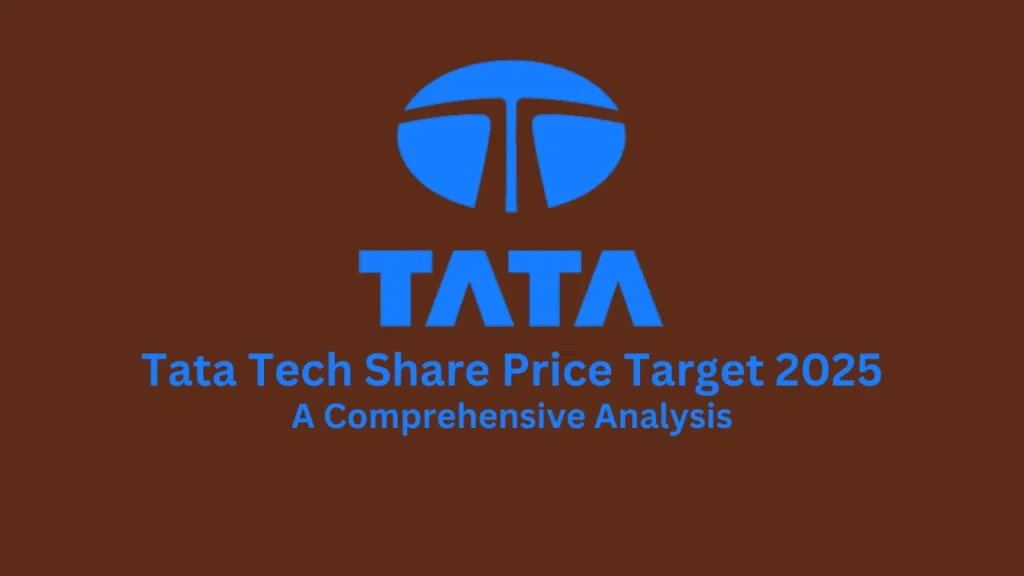As businesses expand and scale, one of the biggest challenges they face is managing the hiring process efficiently. In the UAE, where companies are constantly navigating a competitive labour market, the pressure to attract top talent while keeping hiring costs under control is immense.
A well-designed hiring process not only ensures that you bring in the right people but also helps streamline your recruitment efforts and save valuable resources. This article explores how businesses can design scalable and cost-effective hiring strategies that meet both short-term and long-term recruitment goals.
By focusing on reducing unnecessary expenditures, automating tasks, and leveraging modern recruitment tools, companies can build a hiring process that grows with their needs while maintaining financial efficiency.
The Importance of Scalable Hiring
Scalability in hiring means having the flexibility to adjust your recruitment process to meet changing business needs. As your company grows, you will likely see fluctuations in the number of roles that need to be filled. A scalable hiring process allows you to accommodate both large and small-scale recruitment drives without losing efficiency or breaking the bank.
In the UAE, where businesses may experience rapid growth due to economic shifts or industry booms, a scalable hiring process is essential. For example, tech startups in Dubai often face rapid hiring demands as they scale. If their hiring process is not scalable, they may struggle to keep up, leading to delays, increased costs, and a poor candidate experience.
Cost-effective hiring strategies are crucial here because they help businesses save on recruitment costs and maintain quality throughout the hiring process. A scalable process ensures that as hiring needs increase, companies can ramp up their efforts without wasting resources.
Step 1: Define Clear Job Roles and Requirements
The first step in creating a scalable and cost-effective hiring strategy is to define the job roles and requirements clearly. Well-defined roles allow you to attract the right candidates and help you avoid sifting through hundreds of irrelevant applications. In the UAE, where many companies are vying for talent, clarity is crucial.
Take time to carefully outline the responsibilities, qualifications, and skills required for each position. This ensures that the candidates you attract are suitable for the role, which reduces time spent on interviews and assessments. Additionally, clear job descriptions help your team remain focused on candidates who meet the job’s core requirements, thus streamlining the hiring process.
For example, if you’re looking to hire for a senior management position in Dubai, outline specific leadership experience, technical skills, and cultural fit expectations. This will not only help filter out unqualified candidates but also ensure that the talent pool is highly relevant to the role.
Step 2: Leverage Technology to Automate Processes
One of the most effective ways to create a scalable and cost-effective hiring strategy is by utilising technology. With advancements in recruitment tools, businesses can automate many parts of the hiring process, saving both time and money. Technology can assist in various stages of recruitment, including job posting, candidate screening, and even interview scheduling.
Applicant Tracking Systems (ATS) are essential tools for efficiently managing resumes and job applications. ATS software allows you to sort, filter, and rank candidates based on predefined criteria, making it easier to find the best fit for your roles.
In the UAE, companies with high application volumes, such as those in the retail or hospitality sectors, find ATS invaluable for sorting through large numbers of resumes quickly.
Furthermore, interview scheduling software can help streamline the interview process by automating the coordination of times, sending reminders, and ensuring that no one misses an interview slot. This automation reduces the manual effort and time involved in organising interviews, making the process more efficient and cost-effective.
Step 3: Expand Your Talent Pool with Digital Channels
In the UAE, hiring talent from a diverse range of backgrounds is important for creating inclusive and high-performing teams. Expanding your talent pool through digital channels such as job boards, social media, and professional networking platforms like LinkedIn is one of the most cost-effective hiring strategies.
Using platforms like LinkedIn or Indeed to post jobs gives your business access to a global talent pool. Additionally, these platforms offer advanced filtering and search features that help you connect with highly targeted candidates. By posting job openings on multiple platforms, you increase the chances of reaching more candidates without incurring significant costs.
Social media platforms like Facebook and Twitter can also be used to promote job vacancies, particularly for roles in creative industries or entry-level positions. These platforms allow you to engage with passive candidates who might not be actively looking for a job but are interested in learning more about opportunities with your company.
Expanding your reach digitally also helps you target more niche talent pools. For example, if you’re recruiting for a tech role in Abu Dhabi, targeting specialised forums, blogs, or online communities can help you connect with highly skilled individuals who may not be found through traditional job boards.
Step 4: Create an Engaging Candidate Experience
The recruitment process isn’t just about filling a vacancy; it’s also about providing a positive experience for your candidates. A poor candidate experience can lead to lost opportunities and tarnish your company’s reputation, making it harder to attract talent in the future.
Ensure that your cost-effective hiring strategy incorporates clear communication at every stage of the recruitment process. Keep candidates informed about where they stand, provide feedback when necessary, and ensure they have a smooth application process.
You can also enhance candidate experience by providing flexibility in the interview process, such as offering virtual interviews or flexible scheduling options. This is especially important in the UAE, where many job seekers may be working in different time zones or have family commitments.
A personalised and considerate candidate experience will not only help you attract top talent, but it will also ensure you leave a positive impression on applicants, which is crucial for your company’s employer brand.
Step 5: Foster Internal Talent and Employee Referrals
One of the most cost-effective hiring strategies is to look within your organisation. Internal hiring and employee referrals can save you time, money, and effort by helping you find qualified candidates who already understand your company culture and processes.
Encourage employees to refer suitable candidates from their network by offering referral bonuses or recognition programs. Employee referrals are often more likely to result in successful hires since they come with a recommendation from someone within the company who understands the job requirements and cultural fit.
Promoting internal talent also helps foster a culture of growth and development within your organisation. When employees see opportunities for advancement, they are more likely to stay and develop their careers. This reduces turnover and the associated costs of constantly recruiting new talent.
Step 6: Monitor and Measure Hiring Success
After implementing these cost-effective hiring strategies, it’s essential to monitor and measure the effectiveness of your recruitment efforts. Establish clear metrics for success, such as time-to-hire, cost-per-hire, and the quality of candidates hired. By tracking these metrics, you can identify areas for improvement in your process and adjust strategies accordingly.
In the UAE, where competition for skilled talent can be fierce, measuring the success of your hiring strategy ensures that you’re investing your resources in the most effective ways. If a particular channel or method isn’t yielding the desired results, you can pivot to a more effective approach without wasting valuable time and money.
Conclusion
Designing scalable and cost-effective hiring strategies is essential for businesses looking to grow in a competitive market, especially in a fast-paced environment like the UAE.
By implementing clear job role definitions, leveraging technology, expanding their talent pool, improving the candidate experience, and continuously monitoring success, businesses can streamline their recruitment process and reduce hiring costs.
The key to success is adapting your hiring strategies to meet your organisation’s unique needs while maintaining flexibility and efficiency. A smart, scalable hiring process will not only help you attract the best talent but also support your company’s growth and long-term success in the UAE market.



